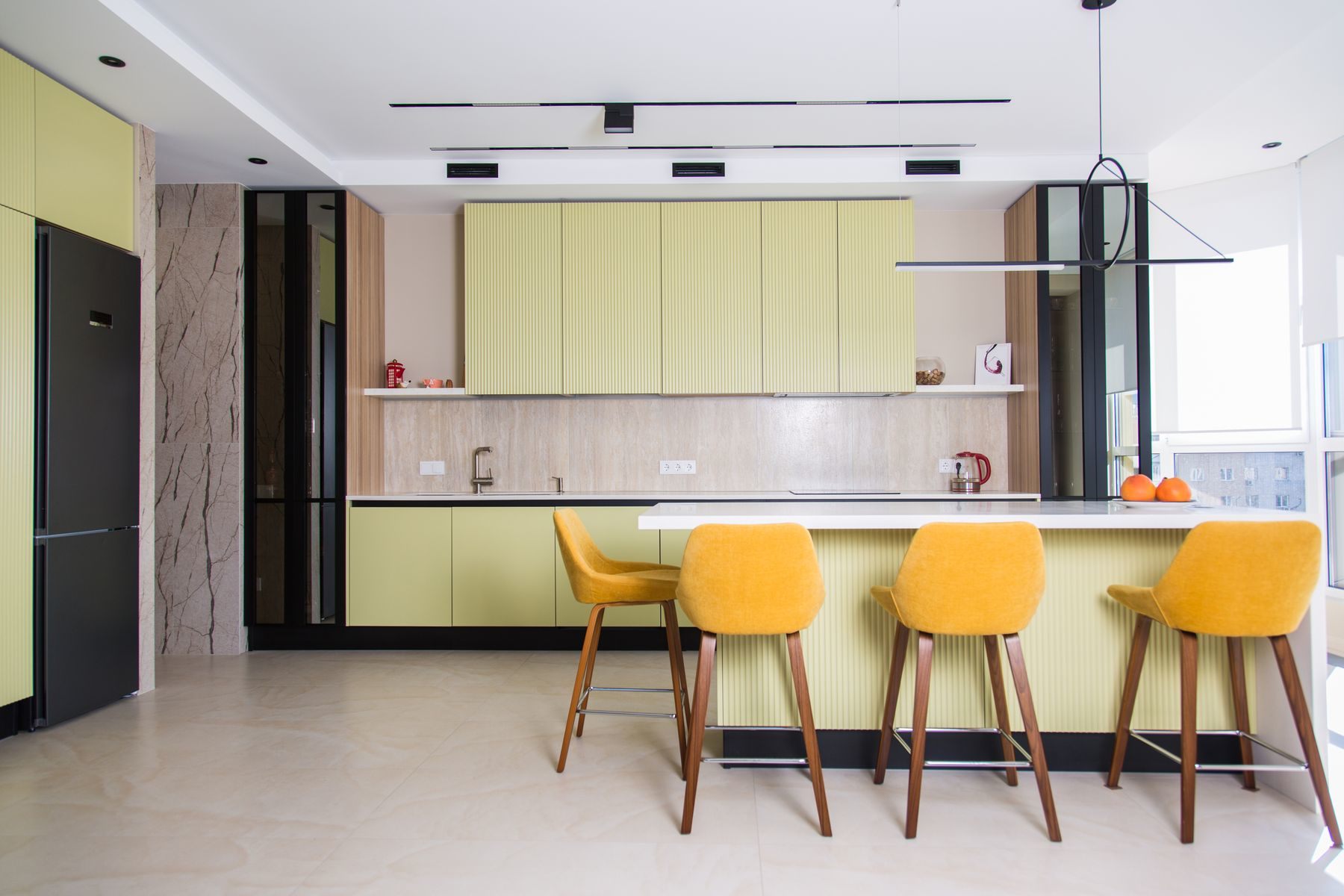
Culinary Spaces Reimagined: A New Era of Kitchen Design
The modern kitchen has long been the heart of the home, a place for preparing meals, socializing, and sharing the flavors of life with family and friends. However, as our lives become increasingly hectic and our living spaces more dynamic, the traditional culinary space is undergoing a transformation. The reimagined kitchen of the future is not just a place for cooking, but a versatile, multi-functional hub that adapts to our changing needs and technologies. In this article, we explore how contemporary culinary spaces are being redesigned to accommodate new trends, technologies, and lifestyles.
The Rise of the Smart Kitchen
One of the most significant changes in kitchen design is the incorporation of smart technology. Cutting-edge appliances equipped with WiFi, touch screens, and voice-activated controls are becoming standard in the modern culinary space. Refrigerators can now track expiration dates and create shopping lists, while ovens can be preheated remotely through smartphone apps. These smart technologies not only add convenience but also enable us to streamline the cooking process, paving the way for culinary innovation and experimentation.
Open-Plan Kitchens and Social Cooking
The concept of open-plan living has revolutionized kitchen design, breaking down the barriers between cooking and social spaces. As kitchens become extensions of the living room, they foster a more interactive environment where guests can mingle with the host while meals are being prepared. This trend has also led to an increase in kitchen islands, breakfast bars, and other features that promote communal cooking and dining experiences, reflecting our desire for a more connected and open lifestyle.
Personalization and Sustainability
Modern culinary spaces are also becoming more personalized and sustainable. Consumers today value individual expression and are keen to tailor their kitchens to reflect their personal style and ethos. This has led to a surge in bespoke kitchen designs that incorporate recycled materials, energy-efficient appliances, and locally sourced products. Personal gardens, compost systems, and waste reduction methods are also becoming integral to many contemporary kitchens as people become more conscious of their environmental impact.
Multi-Functional Spaces
With urbanization leading to smaller living areas, the culinary space is evolving into a multi-functional zone. Modern kitchens now often double as home offices, craft areas, or study spaces. Designers are responding to this trend by creating adaptable furniture and storage solutions that can easily transition the kitchen for various uses throughout the day. This efficient use of space ensures that even the most compact kitchen can be a powerhouse of productivity and creativity.
Conclusion
As we reimagine the culinary spaces of our homes, it is clear that innovation, personalization, and adaptability are at the heart of contemporary kitchen design. With the integration of smart technology, open-plan layouts, eco-friendly practices, and versatile spaces, the kitchens of the future are set to become more than just places to cook—they will be the flexible, social, and sustainable centers of our daily lives. These forward-thinking designs are not only changing the way we think about cooking but are also shaping our homes and lifestyles for years to come.